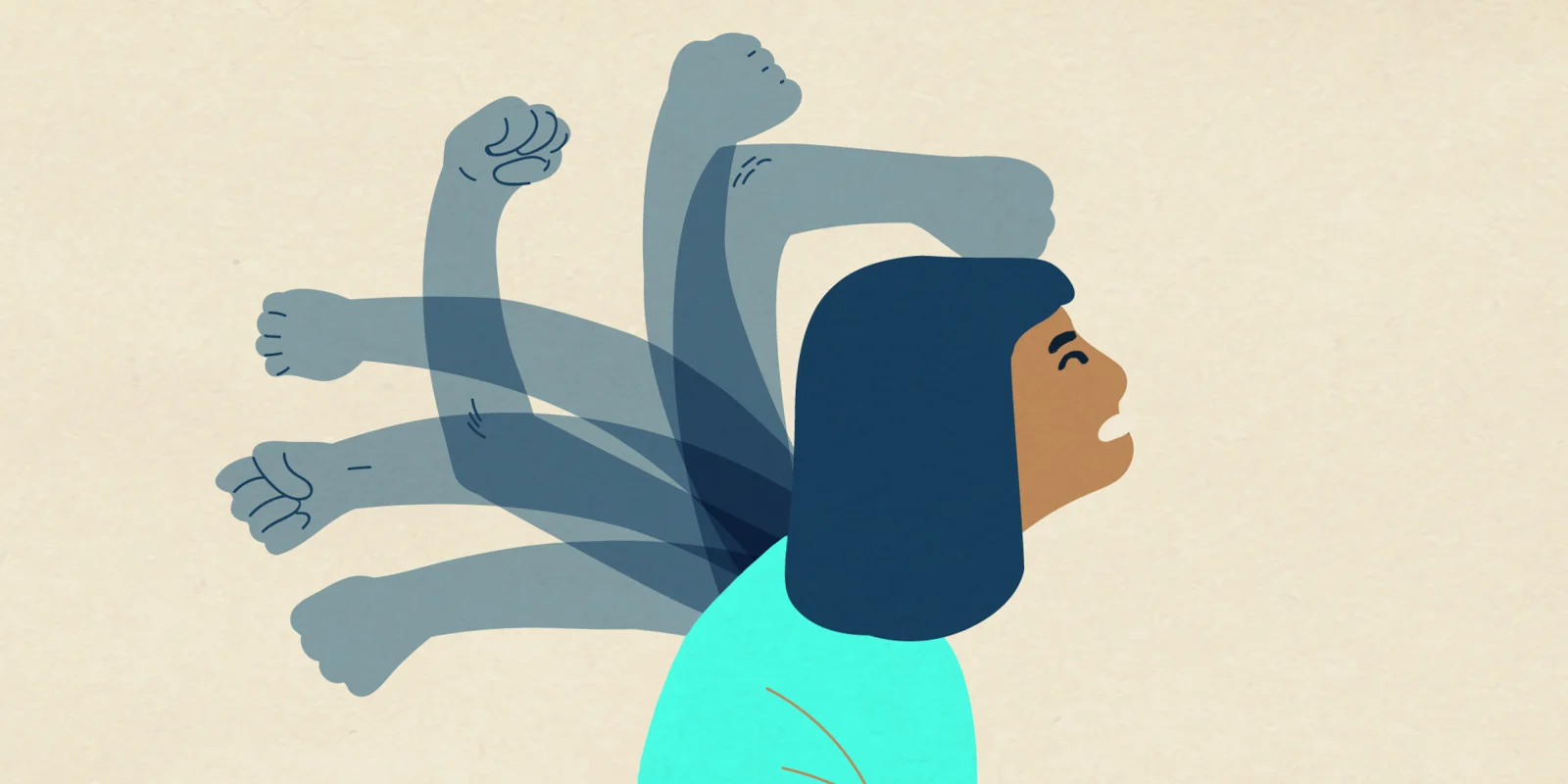Can you love someone in a week? What if they’re your patient?
Medical training is “simple”: meet the patient, treat the patient, repeat. Embedded in that is the unspoken expectation that our rapport with patients remain at arm’s length — for our protection and, ultimately, for theirs. We must follow the science and not be clouded by emotion; after all, we are the guardians of people’s deepest vulnerabilities, greatest fears, and darkest moments. We are the guiding light through their hardest battles and their vessel toward healing. Time and time again, we are precariously balancing the inconceivable weight of these responsibilities while “don’t get too close” looms threateningly over us. We are tasked with being thoughtful but efficient, caring but objective, inquisitive but detached. What we are being asked is to be loving but to not love.
The first loss I experienced as a medical resident is marked by anger, gut-wrenching guilt, and an incomprehensible grief. My initial response was the intellectualization of death from the scope of my role as a physician: “What did I miss? What could I have done differently? Was that the right treatment? Why did this happen?” This initial response is innate — it is what allows us to understand and to evolve as physicians. But, in the aftermath, I am struck with the dissonance of a grief so profound, so visceral that it is more akin to that of losing a parent. A grief that I have been taught to believe I am not entitled to, so I am left with the emotional self-flagellation of breaking the unspoken rule: I got too close. I am left with the silent grief.
Decades ago, when my attending was a first-year pediatric resident, he lost his first patient. At the time, not only was silent grief the expectation, it was the rule. It meant that you lost a patient, swallowed back tears and immediately continued your morning rounds. For some, it fortified the skill of detachment that is crucial in moments when emotionally-clouded judgment is detrimental to patient care. For others, it left behind years of shame, confusion, and a fervent desire to break the silence. For the really brave ones, it ignited a passion to change the narrative.
Yesterday, I lost my patient and I grieved him silently, feeling ashamed and embarrassed by my lack of “professionalism,” feeling inadequate by my inability to simply keep going. A day after his loss I’m back at work. I’m there because I think I’m supposed to be, I’m there because I have come to believe that I have no right not to be. Mostly, I’m there because I fear I’m a bad doctor if I am anywhere else. In reality, I am physically present but I am emotionally and mentally elsewhere, posing a greater risk to the patients who rely on me in this moment, and I question: Am I a bad doctor for feeling or am I bad doctor for pretending not to feel?
Fortunately, I am training in the era of the brave ones: those who carried the silence for too long and now foster a space for humanity. I am in training in a time when we are making strides toward treating physicians as worthy of being seen and valued, and our humanity serves as a strength rather than a character flaw. Because of the brave ones, I am learning that getting close is a skill and not a deficit, that patients are not algorithms or pathways but people all their own, and that subjectivity has a role when used appropriately. I am learning that I am actually being asked, every day, to love — to love the medicine, to love my patients, and to love the emotional pendulum that comes with what we do. I am being asked to sit with the grief, to nurture it, to carry it with me and, more importantly, to let it be heard.
You can love someone in a week. Especially if they’re your patient.
Share a (HIPAA-compliant) story about a patient you loved and lost in the comments below.
Gloria Gutierrez, MD is a second-year pediatric resident at Children's Hospital of Philadelphia.
Image by GoodStudio / Shutterstock







